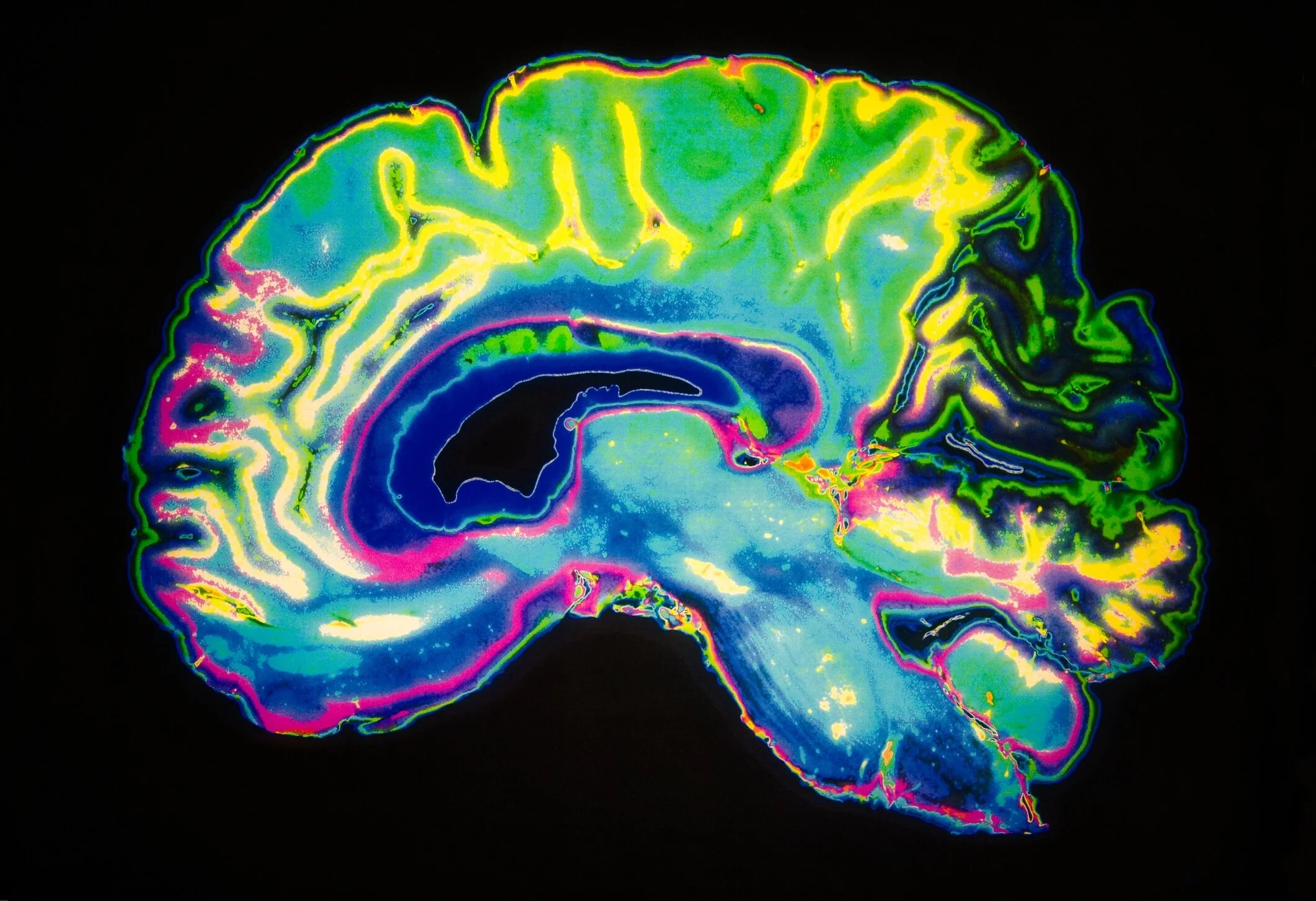Subject: The health effects of choosing not to date during teenage years - Comments and suggestions are welcome! Don't hesitate and leave a comment on our comment section down below the article!
Image Credit: Melissa Askew via Unsplash
It is generally considered that dating is essential for teens to develop social skills and build their identity. However, a recent study from the University of Georgia has shown that not dating can, be equally good and in some aspects, even be better for their development.
Brooke Douglas, a lead author of the study, stated that the majority of teenagers have had some type of romantic experience between the ages of 15 to 17. Because of the fact that this percentage is so high, it has been considered by some scientists to be normative behavior for adolescents to date at this age.
Following that line of thought, researchers wondered what the impact was of choosing not to date during those adolescent years in comparison to those that did engage in romantic dating.
The researchers found that adolescents that were not engaged in romantic relationships during their time at middle school and or high school fared at least as good, or even better than peers that did date during that time.
In order to find out, data collected for a 2013 study was analyzed. For that particular study, teens were followed from their sixth to twelfth grade. Teachers filled out questionnaires where they rated the behavior of each student in domains that included leadership, depression, and social skills. It turned out that non-dating / rarely dating students had equal to better interpersonal abilities than their more regularly dating peers.
Image Credit: Element5 Digital via Unsplash
In addition to the teachers filling out surveys, students themselves were asked similar questions. Self-reported scores did not differ between dating and not/rarely dating teens. However, like stated above, teachers rated rarely/non-dating students to be significantly better at social talents and leadership.
Furthermore, the data shows that students that didn't date were also less likely to be depressed. According to the information provided by teachers, they scored lower on the depression scale. Contrary to the social skills topic, this was in line with the self-reported scores by the students themselves.
In conclusion, it turns out that choosing not to engage in dating during adolescent years is just following a different and healthy development trajectory rather than a sub-optimal choice as it was perhaps previously described by some. Brook Douglas stated that health professionals could do a better job in affirming that when it comes to dating or not dating during those formative years, either option is adequate and healthy.
The findings have been published in the Journal of School Health.
Sources and further reading: Social Misfit or Normal Development? Students Who Do Not Date / University of Georgia press release
If you enjoy our selection of content please consider following Universal-Sci on social media:











